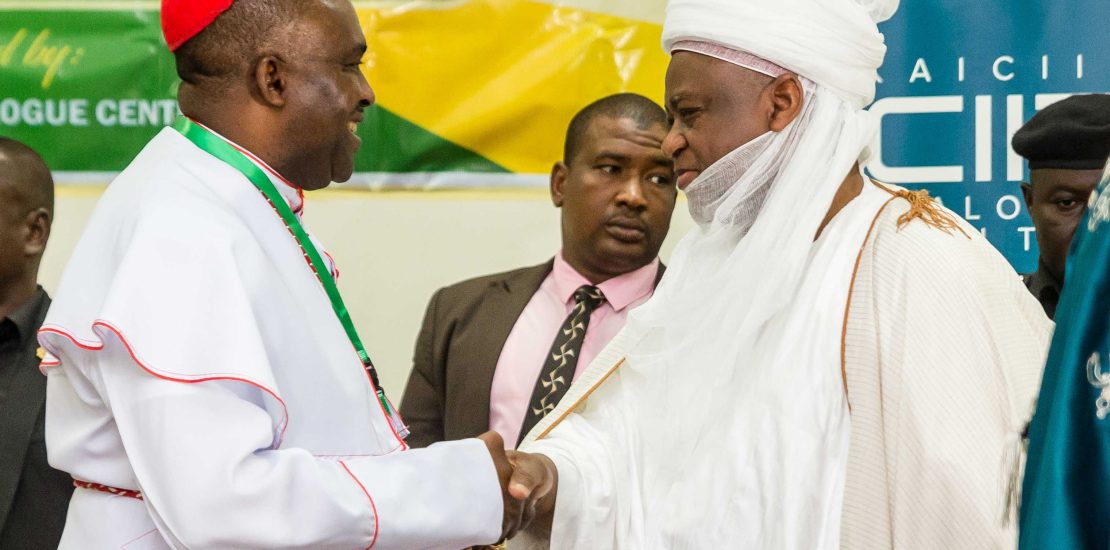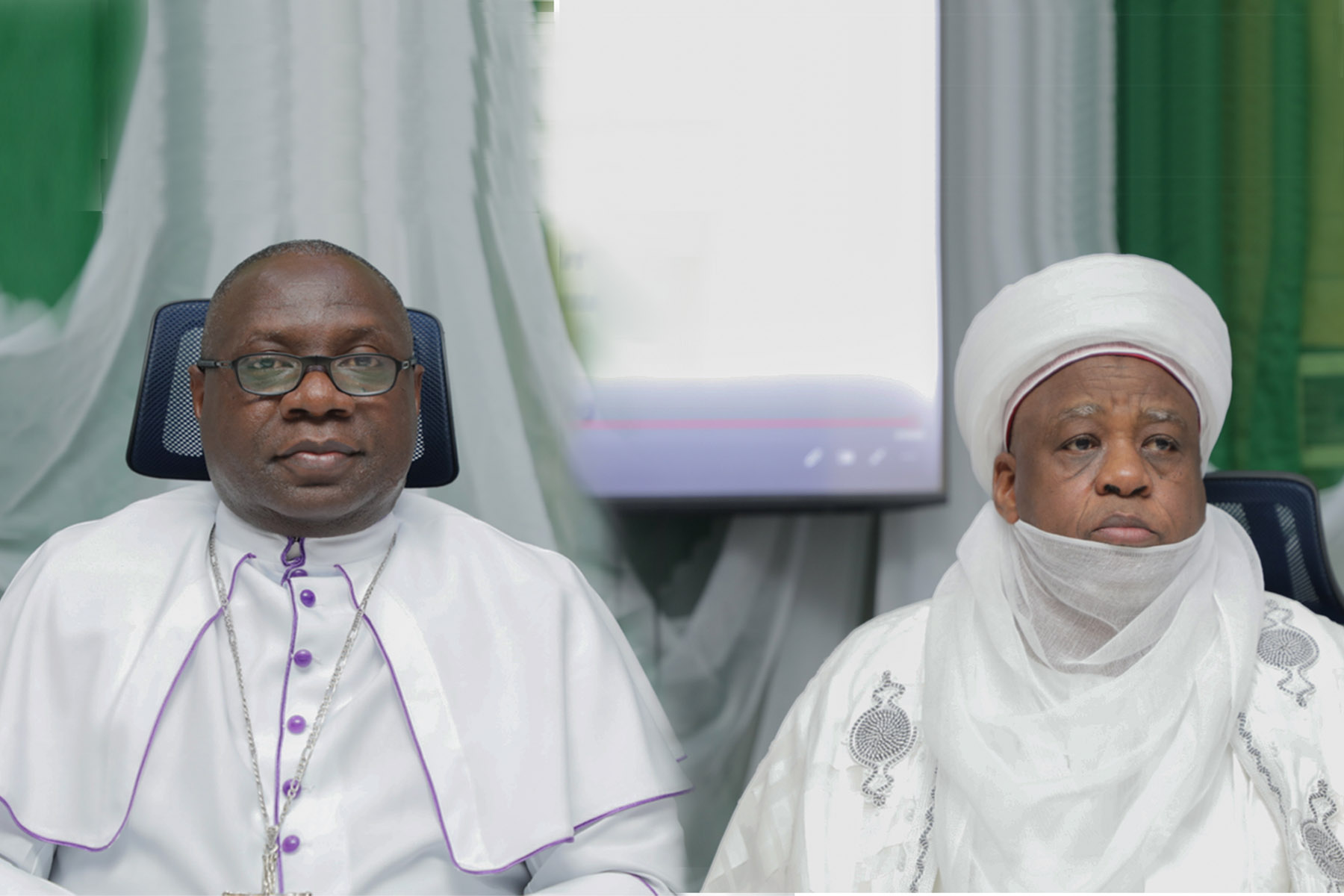Embracing Diversity, Rejecting Division
- November 16, 2024
- Posted by: Hub Admin
- Categories: Article, Dispute Resolution, Peace-building

By Nsikak Effiong
Today marks the 29th anniversary of the United Nations General Assembly’s adoption of Resolution 51/95 in November 1996, which proclaimed November 16 as the International Day for Tolerance. This day celebrates the rich diversity of people, cultures, and traditions worldwide, underscoring the impact of tolerance on global sustainability and survival. It serves as a reminder of the value in embracing our differences and the importance of accepting this reality as an enduring truth.
Tolerance has been defined as willingness to accept feelings, habits and beliefs that are different from our own. The United Nations has defined tolerance as respect, acceptance and appreciation of the rich diversity of our world’s cultures, our forms of expression and ways of being human. To this author, tolerance encompasses two essential elements: recognition and acceptance. It involves acknowledging and respecting values, opinions, beliefs, systems, customs, races, and other aspects that may differ from our own but are nonetheless part of our shared world.

In today’s interconnected world, technological advancements have amplified our differences, transforming the world into a global village that links individuals and societies through platforms like satellite television and social media. Yet, this same global connectivity has highlighted conflicts and unrest stemming from the unwillingness of individuals and governments to accept what diverges from their norms. From the war-torn Gaza to the conflict in Ukraine and the persistent oppression and exploitation of minority groups, the impact of intolerance is starkly evident.
In Nigeria—a multicultural society rich in diverse religions, languages, and beliefs—the culture of intolerance is deeply entrenched and highly visible. Religious intolerance has surged, marked by efforts to expand the application of Islamic law, persistent violence between herdsmen and farmers in the Middle Belt, and ethnic conflicts scattered across various states, many of which go unreported. In this region, disdain and prejudice persist toward individuals whose sexual identities deviate from the heteronormative culture deemed “acceptable.” Furthermore, a widening divide in gender roles is anchored in patriarchal beliefs that often fail to withstand critical scrutiny. Respect for individuals and institutions are frequently determined by ethnic and religious affiliations, while those outside these affiliations face exclusion and disregard.
The above underscores the significance of this commemoration. It is crucial for individuals and governments to respect differences, especially in a multicultural society like Nigeria. Even when cultural values or practices are questioned, this should be approached respectfully—through dialogue and constructive conversation, not violence. The law must serve to protect victims and uphold human rights, and there is an ongoing need for education to challenge and counteract harmful cultural beliefs.
No two people are exactly alike. Each of us is unique and special in our own way, making us different but still human. Imagine a world where everyone thinks, looks, and reasons the same—it would be a dull, monotonous place, lacking in creativity, ideas, and meaningful discourse.
